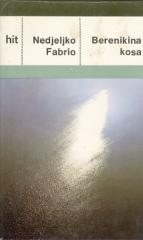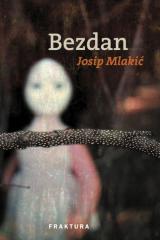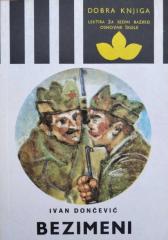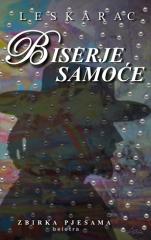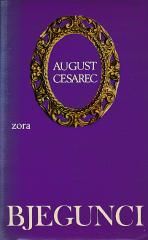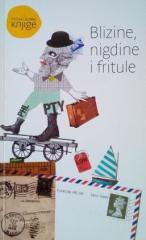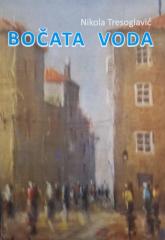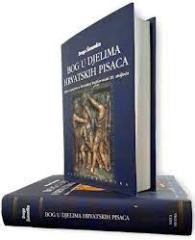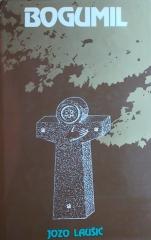Croatian literature
Berenikina kosa
Today's reader recognizes in the pages of Berenice's Hair his own restlessness, accumulated in the cracks of the intervening time in which the strong seek signals of time of historical significance.
Bilješka o piscu: Neljubavni roman
A Writer's Note is the first bestseller by beloved Croatian author Julijana Matanović. A hit since its publication, the novel reminds us that the past cannot be erased, only understood.
Biserje samoće
Colors are bright, sounds are clear, and smells are intoxicating in the poetry of Steve Leskarca (Dubica, 1963), who sings about the beauty of nature and the joy of love, even though he is aware of life's bitterness, which becomes "at least a little sweet
Bjegunci
The novel Fugitives, which Cesarec wrote throughout the 1920s and finally published in 1933, tells the story of emigrants who fled the Yugoslav and Hungarian regimes to Prague, the capital of the then democratic republic of Czechoslovakia.
Bog u djelima hrvatskih pisaca
Bogumil
Jozo Laušić's prose, Bogumil, is the fifth novel of the planned pentalogy. Four novels were previously published: Kostolomi, Opsada, Klačina and Samostan, so the faces of this fifth novel appear earlier.
Literature
- A philosophical novel
- A war novel
- Adventure novel
- American literature
- Ancient literature
- Anthology
- Aphorisms and jokes
- Arabic literature
- Bosnian literature
- British literature
- Bulgarian literature
- Chinese literature
- Comedy
- Croatian literature
- Czech literature
- Detective Stories
- Documentary literature
- Epic Fantasy
- Epic literature
- Epistolary literature
- Erotic Novels
- Essays and diaries
- Fantastic literature
- Folk literature
- Francuska književnost
- German literature
- Greek literature
- Hispanic American literature
- Historical novel
- History of literature
- Horror/Gothic
- Humor and Satire
- Hungarian literature
- Indian literature
- Iranian literature
- Italian literature
- Japanese literature
- Jewish literature
- Latin literature
- Literary criticism
- Literary Theory
- Macedonian literature
- Montenegrin literature
- Moral and didactic literature
- Movie Script
- Novel
- Novele
- Plays
- Poems in prose
- Poetry
- Polish literature
- Portuguese literature
- Proverbs and maxims
- Romance Novels
- Russian literature
- Sayings, thoughts, aphorisms, proverbs
- Scandinavian literature
- School reading
- Science Fiction
- Serbian literature
- Short Stories
- Short stories
- Slovenian literature
- Social literature
- Spanish literature
- Summaries and adaptations of literary works
- Teen Novels
- Thriller
- Tragedy
- Turkish literature
